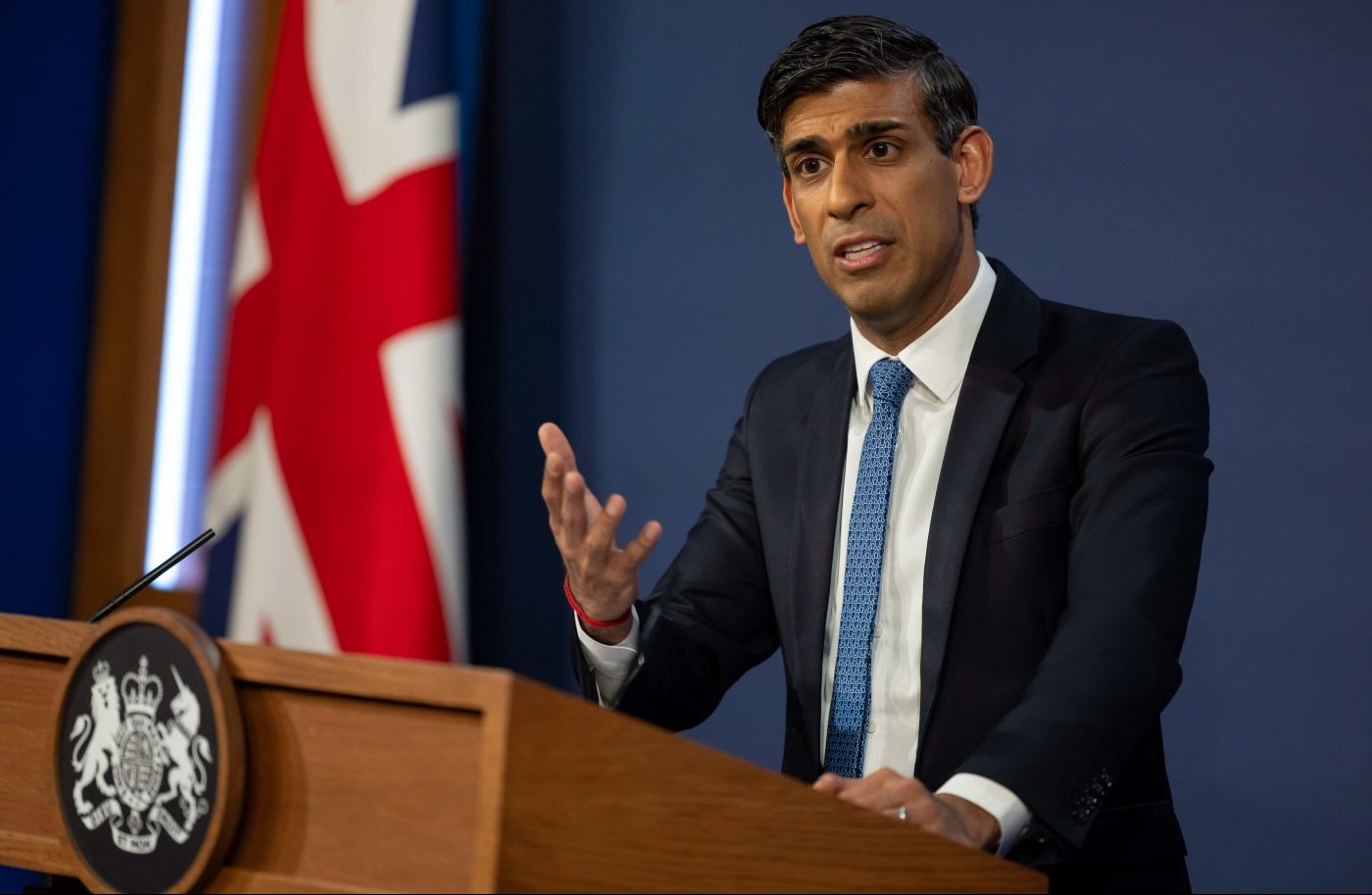How students can restore the UK’s climate leadership
As the next election looms, we can look back over the last fourteen years of the Conservatives’ time in office with varying levels of criticism. The blue years did have a bright spot, however: the UK’s climate leadership.
Despite regular leadership changes, successive Tory governments remained clear on the UK’s role in the climate solution. The country saw Boris Johnson’s wins with offshore wind, and Theresa May’s net-zero target, following David Cameron’s – for the most part – distinctly strong climate policy. Liz Truss seems to have been too busy with the economy to devote time to green policies.
Truss aside, Rishi Sunak has been notably weaker than his predecessors on climate, weakening climate policy in moves that appear to be electorally motivated, whilst threatening the UK’s global position as a climate leader.
Sunak appears to believe that it is okay for the UK to take its foot off the gas.
In a press conference last September, off the back of the Uxbridge byelection, Sunak signalled that the UK would no longer lead the global community in climate action. After he acknowledged that the UK was “so far ahead of every other country in the world” on emissions targets, he then went on to stress that the government was now “aligning our approach with countries like Germany, France…” on EV targets – this is an implicit step back.
Regardless of the urgent need for climate action, Sunak appears to believe that it is okay for the UK to take its foot off the gas, simply because other countries are not going as fast. After the Uxbridge byelection was won by the Tories over Labour Mayor Sadiq Khan’s Ultra Low Emission Zone, green policy revealed itself a handy weapon in the Conservative electoral arsenal. Back in September, Sunak seemed to prioritise vote-winning with a speech on his ‘new approach’ to net-zero. He suggested that “if we continue down this path, we risk losing the consent of the British people”, neglecting the message the speech sent to the global community in favour of national appeal.
Although there is some political benefit to walking back climate commitments, there may be less of a trade-off than it appears at first. Earlier this year, The Guardian reported that many EU lawmakers do indeed see the UK as having moved backwards on climate action, but this was a trend they traced beyond Sunak’s speech, even beyond Sunak’s appointment, and back to Brexit. Therefore, his messaging may simply have confirmed a pre-existing notion held by those abroad.
Whether the weakening of the UK’s commitment to climate began with Sunak or before him, one thing remains clear: the current reluctance for the UK to lead the world on climate will not abate under this government.
The diplomatic impact of Sunak’s public backpedalling resonates with a number of Warwick students.
Crucially, the diplomatic impact of Sunak’s public backpedalling resonates with a number of Warwick students. Kartik, a second-year Biomedical Sciences student, believes “the UK has a responsibility to act” due to its disproportionate impact on the climate alongside other rich countries. Other students are sure to hold similar views. Hugo, another Warwick student, wants the UK to lead the charge through ambitious domestic policy, claiming the UK has “a terrible [climate] impact” because it “has the capacity to influence people to make good decisions, but it doesn’t do so.”
Yet, many young people choose not to vote. In the 2019 general election, less than half of 18-24-year-olds voted – the lowest of any age group. Voting, especially in the upcoming general election, is the simplest way to impact change in green policy, and could ultimately help to restore the UK’s climate leadership.
Students should endeavour to get to the ballot box and make their voices heard.
For some, the decision not to vote is fuelled by political disillusionment and a lack of faith in the power of a single vote. The recent mayoral election in the West Midlands, where many Warwick students are eligible to vote, serves to challenge the latter. The incumbent mayor was unseated by a margin of just 1508 votes – less than 1% of all votes cast.
For others, voter ID rules present the biggest barrier to the ballot box. Ahead of the upcoming general election, students face a unique challenge: registering to vote, some for a second time, in their new university constituency, in the midst of moving between student housing and being home for the summer.
Despite this, students should endeavour to get to the ballot box and make their voices heard, because there will be other voter groups pushing to elect a government that wants the UK to take its foot off the gas, to slow necessary climate action.

Comments